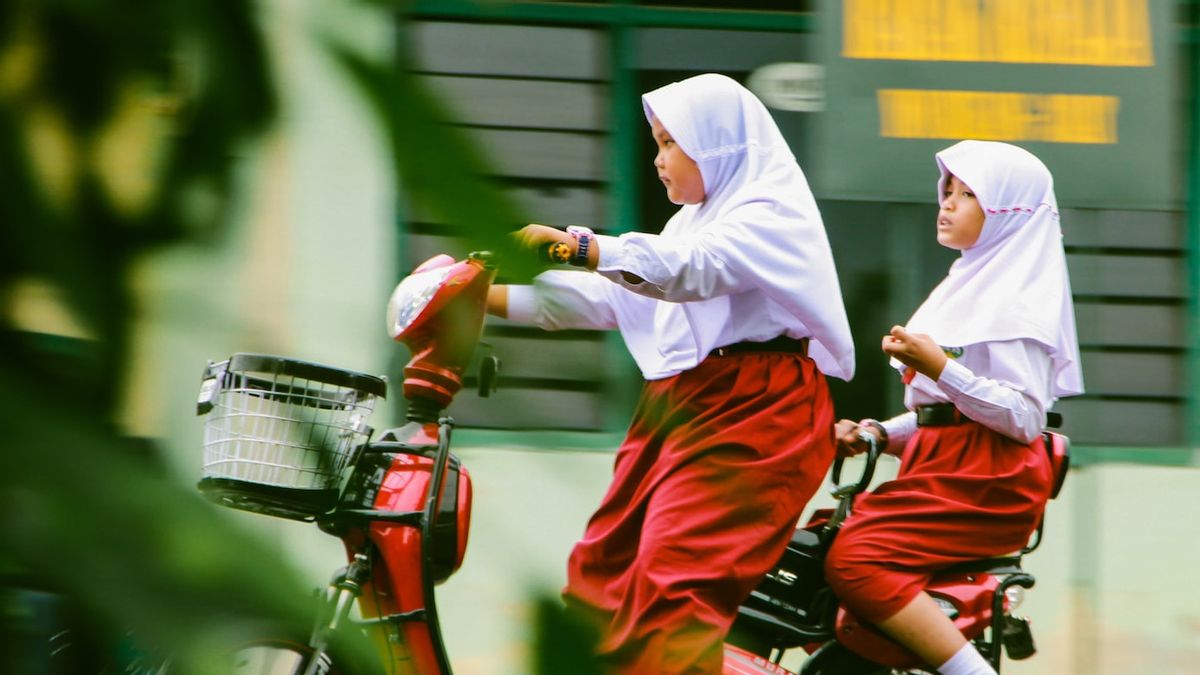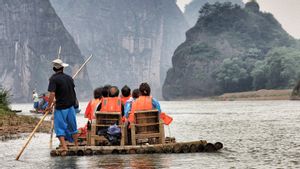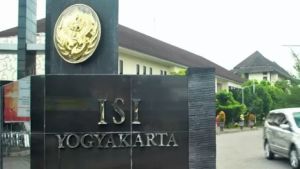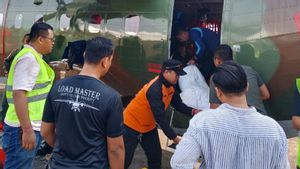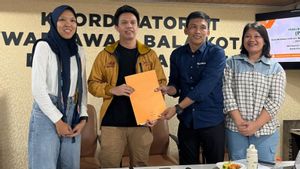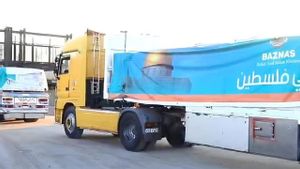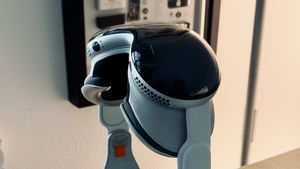JAKARTA - According to Commission X of the DPR, what happened to students of SDN 478 Barowa, Luwu Regency, South Sulawesi (Sulsel), was just one of the poor portraits of domestic education infrastructure.
Deputy Chairman of Commission X DPR RI Dede Yusuf said that the condition of infrastructure in several areas in the country has not fulfilled the feasibility of the community, including in terms of education infrastructure for children.
I often find schools under mountain cliffs or hill cliffs. The journey to the school must pass through a trail that is pingiring or the edge is a ravine," said Dede Yusuf, Thursday, June 14.
The lack of education infrastructure in Indonesia is not only felt by students. According to Dede, not a few teaching staff have to fight extra to get to the school where they teach students.
"The teachers also told me to get to the school, they have to ride a motorbike through the road or get muddy or walk 2 to 3 hours before they arrive at the location. Moreover, the students," said the former Deputy Governor of West Java.
Dede understands that there are areas that are difficult for vehicles to penetrate when talking about infrastructure development considering the demographics in Indonesia which are quite challenging. He also assessed that for rural areas, especially those in remote districts, it is not the toll roads or national roads needed but easy road access.
"Because that's where our society is. And a phenomenon like in Luwu Regency has occurred a lot, even in areas that are actually close to big cities," said Dede.
He added that the Regional Government (Pemda) also has a responsibility in terms of education infrastructure in its area. Dede considers the lack of data collection and location mapping to be one of the reasons why there are still many children who find difficulties when leaving and returning from school.
Regional governments are very important to create mapping or databases related to the process of leaving and returning to school. So that there are no more elementary school children hanging across the river then as happened in Luwu," he said.
To note, students of SDN 478 Barowa, Luwu Regency, South Sulawesi (Sulsel), had to risk their lives crossing the river with rafts made of cyclones to be able to go to school because the pedestrian bridge was damaged by the flood.
According to Dede, this problem is an infrastructure problem, not a problem with the quality of education. "So please differentiate. And indeed, schools that are difficult to reach should be moved to locations that are easily accessible," he said.
View this post on Instagram
اقرأ أيضا:
"Then of course it is a school that is no longer suitable to be used as a school, must be immediately transferred to a new school," added Dede.
In addition to the matter of access to schools, the legislator from the West Java II electoral district also highlighted the large number of educational infrastructures in Indonesia that are no longer adequate, especially in the regions. Dede said the ratio of the number of schools and the number of Indonesians was not comparable because many buildings were outdated or damaged.
"Unfortunately, our school school, there is an Inpres Elementary School which was built in the 1970s, maybe now the size of it has collapsed. That's why a lot of schools don't work, even if it works, it's already in some areas that are difficult to penetrate," he explained.
Dede also couldn't understand why there were still many schools in locations that were difficult for students and teachers to access. So again, this is the homework of the Regional Government in terms of comprehensive data collection so that students have no difficulties when they want to study.
"You have to look for a location that has a sense of security, comfort and easy to reach," he said.
"If you have data whose school is difficult to access due to lack of infrastructure and has to be moved, it can be proposed to create a new school. Otherwise, it will continue every time we see our younger siblings go to school in an inappropriate way," added Dede.
In addition to the role of the local government in collecting data related to inadequate education support infrastructure, Dede also emphasized the importance of strengthening the role of the Ministry of Education, Culture, Research and Innovation (Kemendikbudristek) in terms of developing education infrastructure.
Dede explained that currently the budget for educational supporting facilities and infrastructure development is in the realm of the Ministry of Public Works and Public Housing (KemenPUPR).
"As a result, PUPR only builds a new classroom or school but no longer thinks about how the trip to school and the Ministry of Education and Culture no longer has a budget allocation to repair roads," he explained.
If all the budgets are mandated to the Ministry of PUPR, Dede is not sure that development will focus on infrastructure to support education. Therefore, he requested that the authority to develop schools, new classrooms, and support education be returned to the Ministry of Education and Culture.
"So from there we can know from the Dapodik (Educational Basic Data) that this school is not feasible. But now the physical Special Allocation Fund (DAK) budget or physical support for facilities and educational facilities has been withdrawn to the PUPR (Ministry)," explained Dede.
The Commission in the DPR in charge of education affairs realized that realizing the program did require a long-term plan. However, said Dede, there must be an evaluation so that the quality of education in Indonesia is not hampered.
"In the law, there are 8 educational standards, in which there are pre-facilities related to infrastructure, we should fulfill this first," he said.
On the other hand, Dede is of the view that the Ministry of Education and Culture does not need to rush to start the education digitization program. Because, there are many things that need to be addressed first before arriving at the jump in education format with a digital system.
"I have to say, currently the Ministry of Education and Culture wants a leap in the concept of education towards the era of digitizing platform applications and so on. I don't think we should rush because we have to divide our educational format according to demographics," said Dede.
"Otherwise, there will be lagging behind and not being able to keep up with the times or developments accordingly in big cities," he continued.
In order to create equitable education throughout the country, Dede assessed that the Ministry of Education and Culture must have a group category or grouping of adjusted education in each region. That way, all students get equal education.
The English, Chinese, Japanese, Arabic, and French versions are automatically generated by the AI. So there may still be inaccuracies in translating, please always see Indonesian as our main language. (system supported by DigitalSiber.id)
